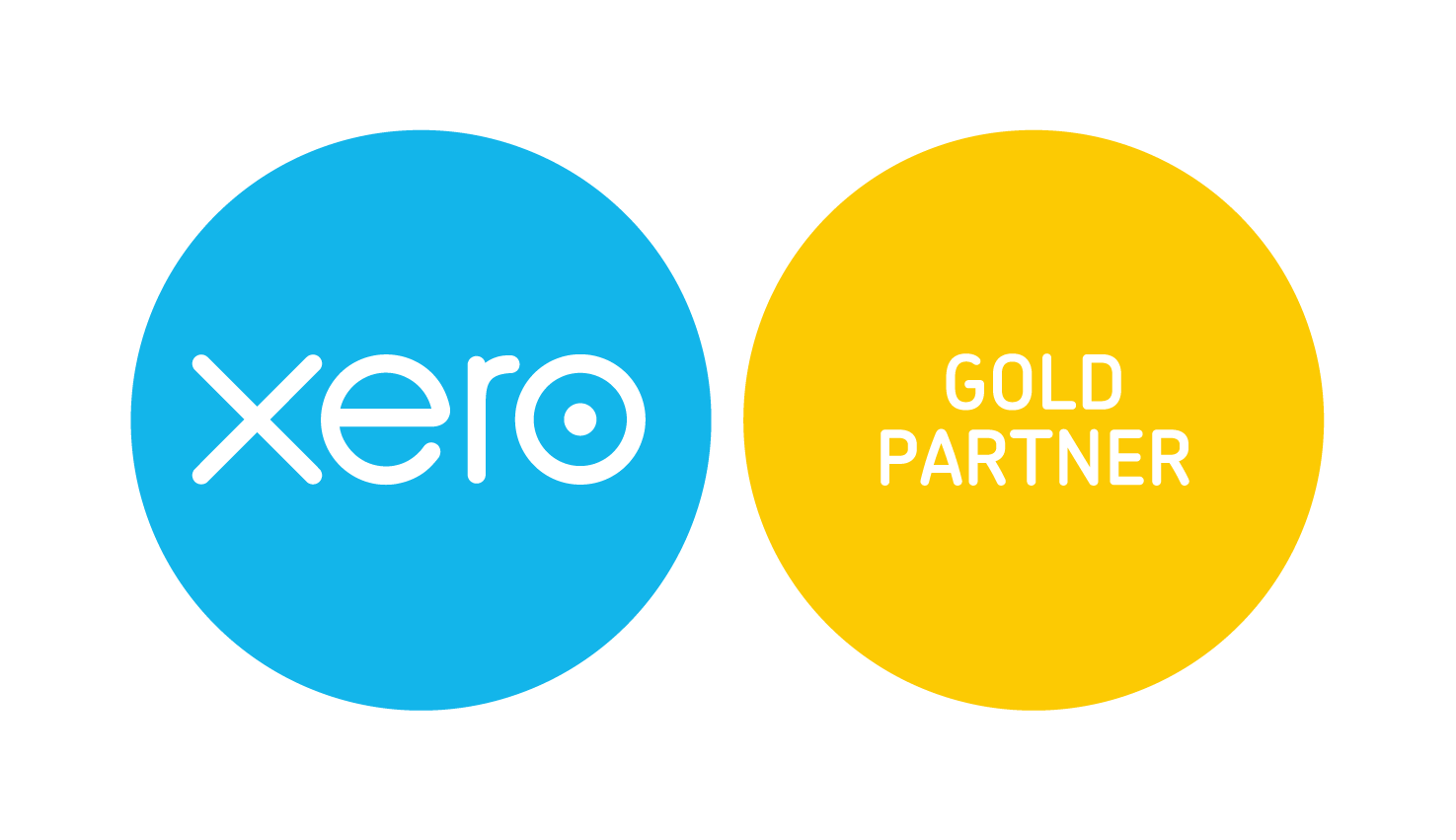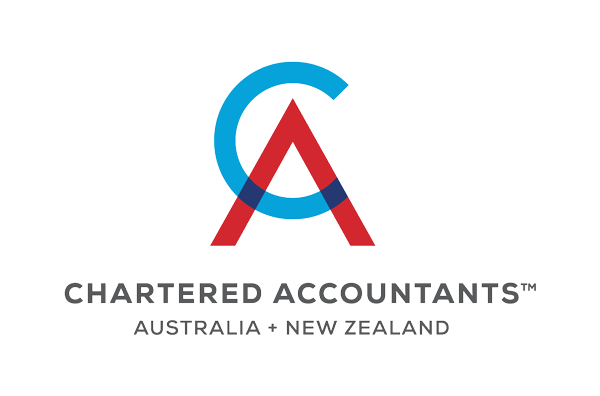
Your business plan is the sat-nav that keeps the company moving in the right direction.
Having that guidance can be a massive benefit to your success as a business. But what elements should you include, and what are the main considerations to think about?
A detailed business plan will generally include
- A clear direction for the business – a well-crafted business plan gives you a defined path to follow, outlining the company’s purpose, goals and strategies. This helps everyone understand the business’s mission, so you’re pulling in the same direction.
- An overview of your financial strategy – your plan will include revenue projections, expense forecasts and funding requirements. This financial guidance gives you the foundations for mapping out your budgeting, cashflow and securing investments.
- An overview of threats and opportunities – a robust plan will identify the potential challenges and risks faced by the business. This helps you develop contingency plans for overcoming these challenges, reducing your risk and keeping the company on track.
- A summary of your sales and marketing strategy – outlining your sales and marketing strategy helps you target the right audience and differentiate your business in the market. This is vital for winning customers and driving your sales revenue.
- Attract the right investors and lenders – a solid business plan enhances your credibility when you’re approaching investors or lenders. A good plan will demonstrate your commitment to the business, your understanding of the market and your ability to achieve long-term success. This is essential for securing investment and funding.
7 steps to creating a plan for your business
There’s no ‘one size fits all’ business plan. Your business plan should clearly outline your goals and how you intend to reach them. As a starting point, this should include how you intend to set up, finance, manage and run your business.
Use the following seven headings to kick-start your planning process. We can help you work through the numbers and strategic thinking to support your goals:
- Describe your business idea – what’s the idea and how does it work? Try to have an ‘elevator pitch’ that quickly and simply describes the potential of your idea.
- Set out your business goals – what are your objectives for the business? Set out your vision for the business and what your core mission will be.
- Outline your ideal customer – do the research to provide an overview of your target market (the people or organisations you’ll sell to).
- Do some competitive analysis – who are your competitors? Consider all the possibilities. They may not be in your precise sector but still compete for the same consumer dollar. What is your competitive advantage (the reason they pick you over your competition)?
- Perform a business financial analysis – How will you fund your business and can you demonstrate the financial viability of the business idea?
- Sketch out your sales and marketing plans – show how you’ll win customers and generate revenue. Consider the 4 Ps of marketing (Product, Price, Place, Promotion). Plan your budget and work out what your return on investment (ROI) will be.
- Outline your business structure – give an overview of your organisational structure and your strategic and operational roles as directors.
A well-structured business plan is an essential document, whether you’re a new founder that’s just starting out, or a seasoned business owner looking to grow and diversify.
Your business plan is never written in stone. It’s a dynamic and evolving document that changes as the business progresses. Revising your business plan on a regular basis helps you improve your goals, refine your strategy and adapt to meet changing circumstances and markets.
How can our firm help you with your business plan?
Having a solid business plan is what gives your company direction, structure and meaningful objectives as an enterprise. As your adviser, we’ll help you understand your business goals and vision, and will help you translate this into a watertight business plan. We’ll also help you track your performance against this plan, and will work with you to update the strategy as the business evolves.
If you’d like to know more about business planning, we’ll be happy to explain. Get in touch to discuss your business plan.







